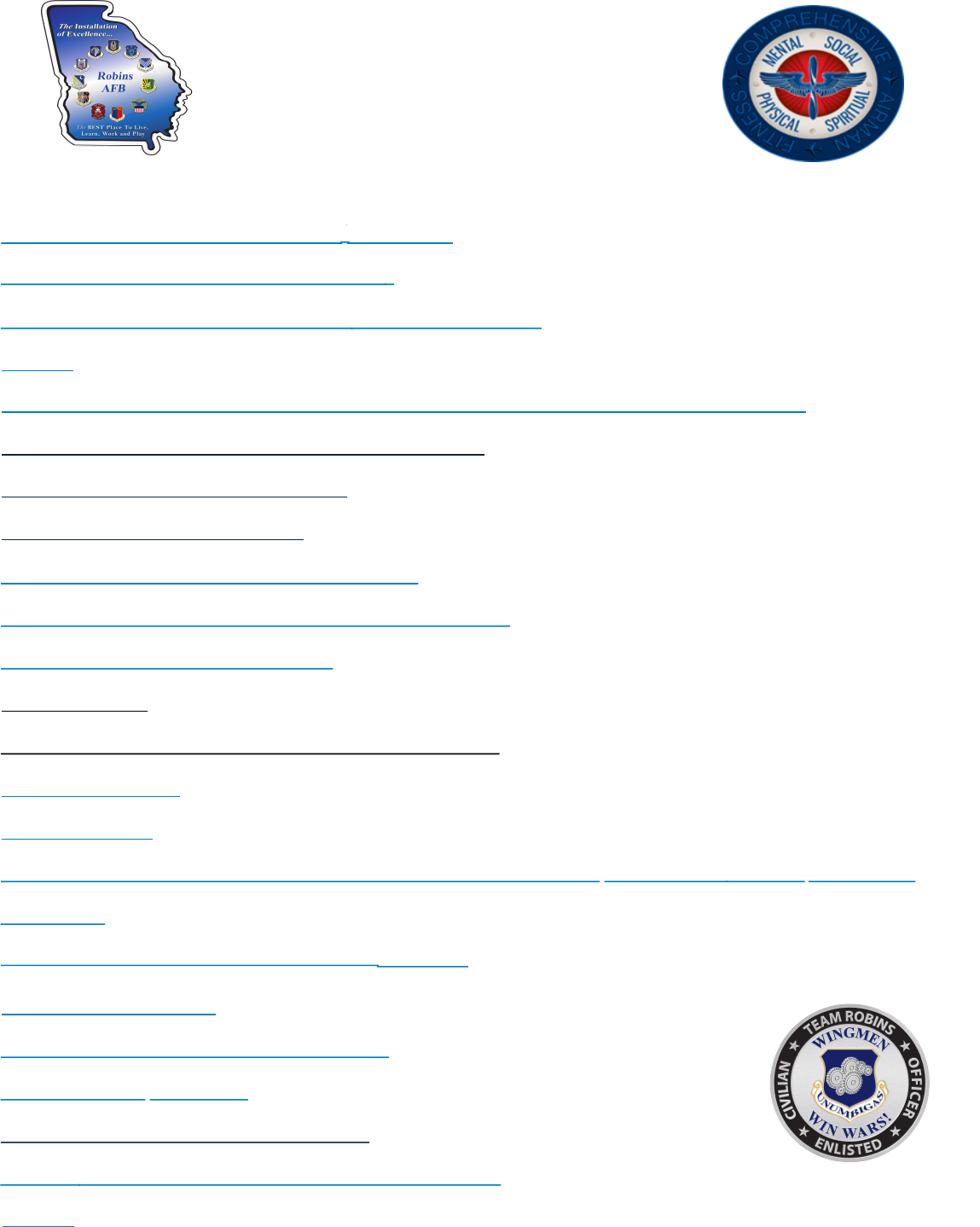
RRAFB
Helping Agencies
Airmen Against Drunk Driving (AADD): 478-222-0013
Airmen & Family Readiness Center: 478-926-1256
Behavioral Health Optimization Program(BHOP): 478-222-1190
Chapel: 478-926-2821
Child & Youth Behavioral Military & Family Life Consultant (CYB-MFLC): 478-538-5439
Civilian Health Promotions Services (CHPS): 478-327-8030
Civilian Personnel Office (CPO): 478-222-0601
Drug Demand & Reduction: 478-327-8408
Employee Assistance Program (EAP): 866-580-9078
Exceptional Family Member Program (EFMP): 478-926-1259
Force Support Squadron (FSS): 478-926-5491
In-Transition: 800-424-7877
Labor-Management Help Line (for Managers): 844-648-4357
Legal Assistance: 478-926-9276
Medical Clinic: 478-327-7850
Mental Health Clinic/Alcohol Drug Abuse Prevention & Treatment/Family Advocacy
Program: 478-327-8398
Military & Family Life Consultant (MFLC): 478-501-0730 / 770-296-7716
Military One Source: 800-342-9647
National Suicide Prevention Lifeline: 800-273-TALK (8255))
Occupational Medicine: 478-327-7590
Security Forces: 911 (Emergency): 478-926-2187
Sexual Assault Response Coordinator (SARC): 478-327-7272
Click he
re for Airmen Saves Form
Tricare: 800-444-5445
Current as of January 21, 2020
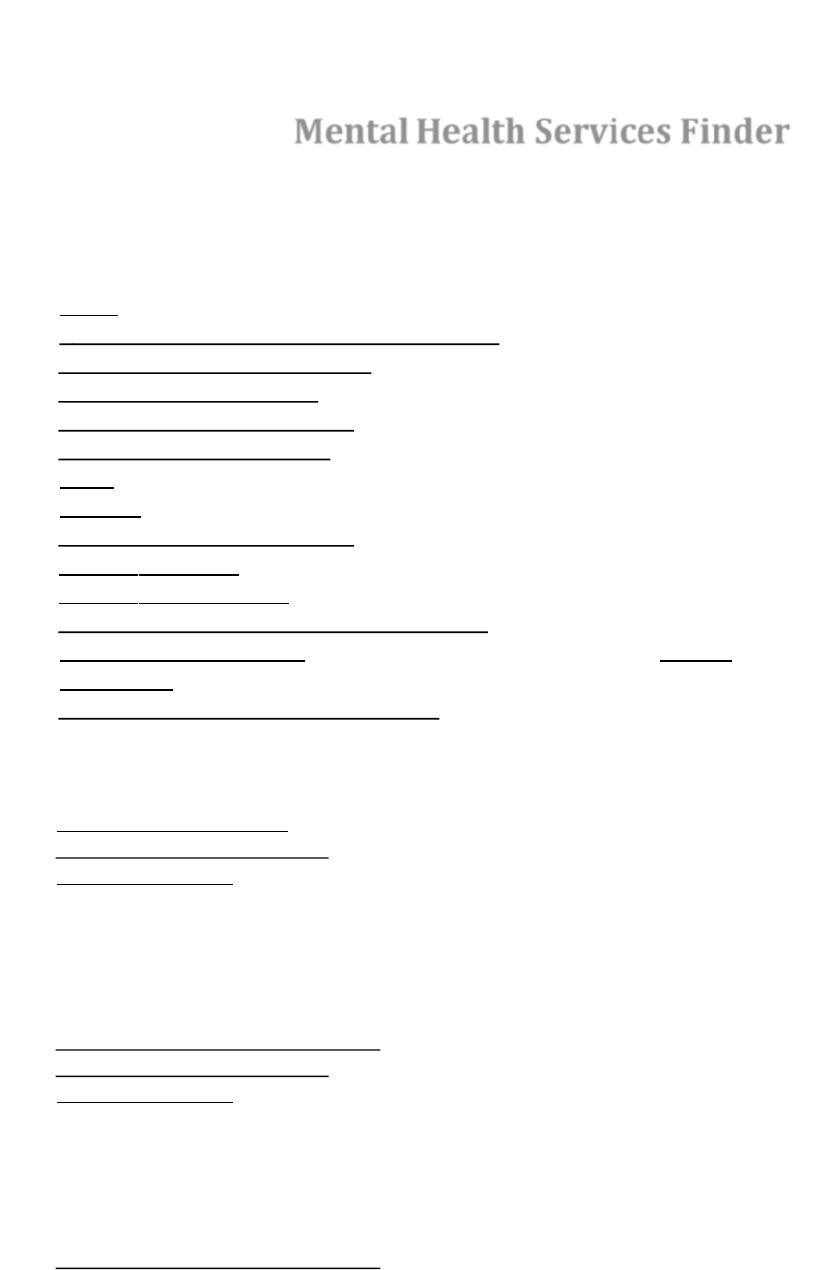
Mental Health Services Finder
Civilian
***Please verify insurance plan, benefits and any out of pocket expenses before receiving services***
Aetna (Search: Mental health)
APWU Health Plan Nationwide/ValueOptions (website not available)
Blue Cross & Blue Shield Service (Search: Mental Health)
Compa
ss Rose Health Plan (Search: Psychiatrist)
Employee Assistance Program
Foreign Service Benefit Plan (Search: Psychiatrist)
GEHA (Search:Psychiatry)
Humana (Search: Medical-Your network/plan)
Kaiser Foundation Health Plan (Search: Psychology)
MHBP - Value Plan (Search: Psychiatrist)
MHBP - Std Nationwide (Search: Behavioral Health/Clinical Psychology)
NALC Nationwide/Value Option Nationwide
Rural Carrier Benefit Plan (Search: Doctor-Behavioral Health) SAMBA
Nationwide (Search: Plan-Psychiatry)
United HealthCare Insurance Company (Search: Plan-Mental health)
1-877-459-6604
1-888-700-7965
1-888-630-2583
1-877-988-3589
1-866-580-9078
1-800-593-2354
1-888-257-4342
1-800-448-6262
1-800-464-4000
1-800-410-7778
1-800-410-7778
1-877-468-1016
1-800-638-8432
1-800-638-6589
1-877-835-9861
Active Duty
RAFB Mental Health Clinic 78 MDG Bldg 700A
Military Family Life Consultant (website not available)
Military One Source
COMM 327-8398/DSN 497-8398
COMM 478-501-0730/770-296-7716
1-800-342-9647
Dependents
***Please verify insurance plan, benefits and any out of pocket expenses before receiving services***
TRICARE /ValueOptions-Mental Hlth (Search: Mental Health/specialty)
Military Family Life Consultant (website not available)
Military One Source
Retiree
***Please verify insurance plan, benefits and any out of pocket expenses before receiving services***
TRICARE /ValueOptions-Mental Hlth (Search: Mental Health/specialty)
1-800-700-8646
Updated: Jan 2020
1-800-700-8646
COMM 478-501-0730/770-296-7716
1-800-342-9647
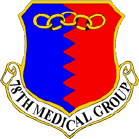
B
EHAVIORAL HEALTH OPTIMIZATION PROGRAM
(BHOP)
What is the Behavioral Health Optimization Program?
The Behavioral Health Optimization Program (BHOP) is available to you in your Patient-
Centered Medical Home (PCMH) as part of you comprehensive health care. The
service uses an internal behavioral health consultant (IBHC) and a behavioral health
care facilitator (BHCP) to provide help when stress, worry, or emotional concerns about
physical or other life problems interfere with your daily life.
Who is the Internal Behavioral Health Consultant?
The IBHC is a psychologist or social worker specifically trained to work as a member of
your PCMH team. This team approach allows the PCMH team and patients to consider
physical, behavioral, and emotional aspects of health.
Who is the Behavioral Health Care Facilitator?
The BHCF is a licensed nurse specifically trained to work as a member of your PCMH
team. This person works to provide support to PCMs who prescribe medications for
psychiatric conditions. This person will provide education on common side effects and
monitor medication adherence and progress on overall treatment.
What problems can they help me with?
Diabetes Headaches Chronic Pain
Losing weight Sleep Problems Alcohol Problems
Depression Fatigue Stress Management
Fibromyalgia Relationship Problems Worry / Anxiety
Smoking Cessation Work Stress
The BHOP team works closely with your primary care providers to help them develop a
treatment plan that addresses the physical, behavioral, and emotional aspects o your
health. They can provide recommendations to your medical providers and help you
develop skills, change habits, and use available resources to better manager problems
affecting your health and well-being.
How do I schedule a BHOP appointment?
You can discuss with your primary care manager the desire to access this service. If
you PCM believes you would benefit from a consultation with the BHOP team, the PCM
team will help you schedule an appointment. However, you can also schedule an
appointment for yourself by calling the central appointment line at 478-327-7850.
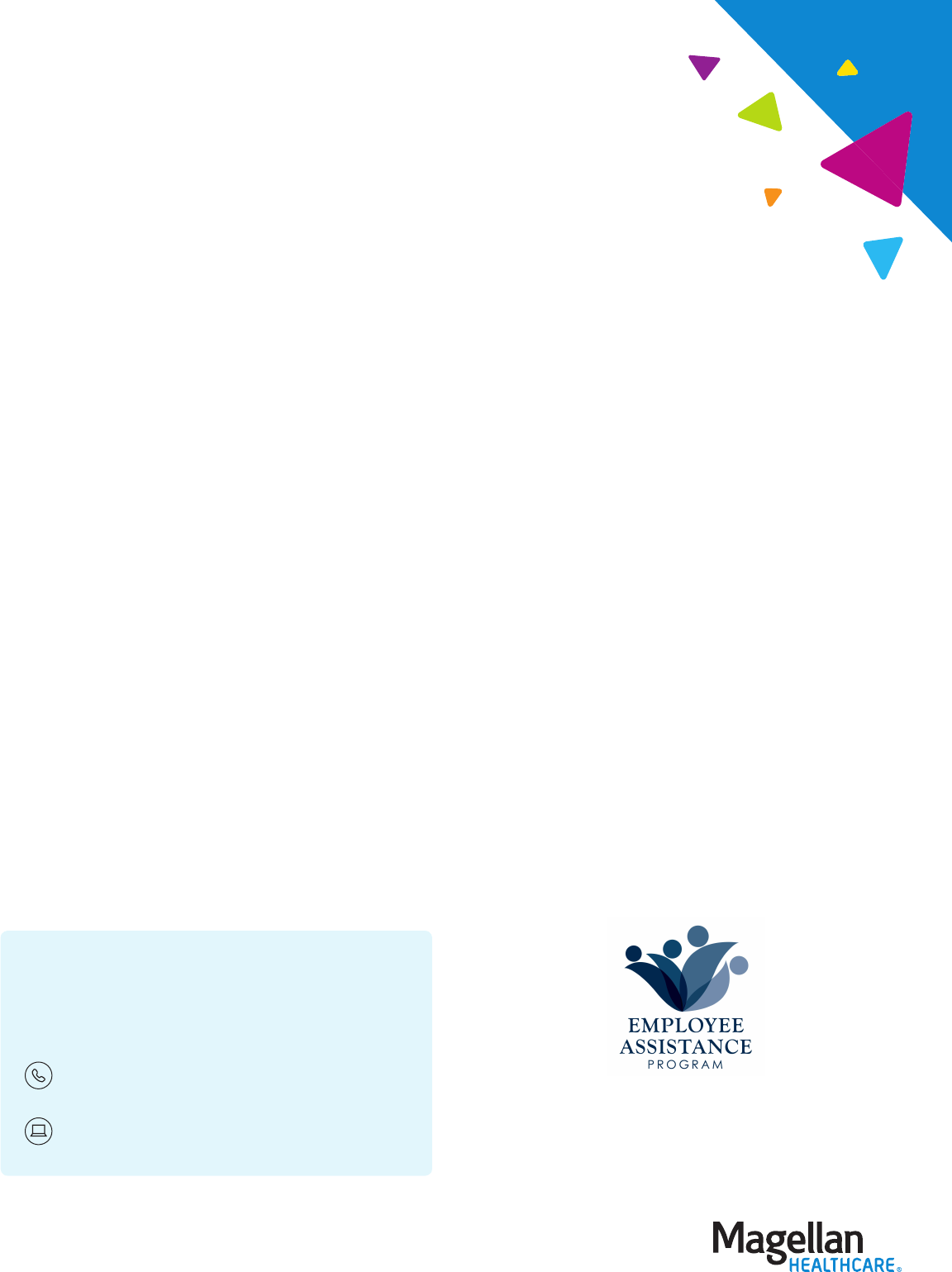
©2019 Magellan Health, Inc.
B-F1144rev2 (1/19)
Here’s how to get started
Getting the help you need, when you need
it, can result in you leading a happier, more
productive life.
Give us a call and we will connect you
with the right resource or professional.
Learn more about all of the services
available at MagellanAscend.com.
Your program is here to help you along the journey
of life. No situation is too big or too small. When you
and your household members need assistance, reach
out anytime and we will help get you on the right
path to meet your needs.
Key features
• Provided at no cost
• Condential service provided by a third party
• Available 24/7/365
Core services
• Counseling—Counselors can provide support
for challenges such as stress, anxiety, grief,
relationship concerns and more.
• Coaching—When you have a goal to achieve,
coaches help you create a plan of action and
stay on track.
• Online programs—Self-guided, interactive
programs help improve your emotional well-being
for issues like depression and anxiety.
Your life’s journey—made easier
No matter where you are on your journey, there are times when a little help can
go a long way. From checking o daily tasks to working on more complex issues,
your program oers a variety of resources, tools and services available to you and
your household members.
Legal assistance, nancial coaching &
identity theft resolution
Expert consultation to help with your legal,
nancial and identity theft needs. Access a free
online library with resources for identity theft
resolution, budgeting, debt management, family
law, wills and more.
Work-life services
Save time and money on life’s most important
needs. Specialists provide expert guidance
and personalized referrals to service providers
including childcare, adult care, education, home
improvement, consumer information, emergency
preparedness and more.
Senior care management
Caregiving can be demanding physically,
emotionally and nancially. This service will help
assess and recommend the right care for your
household member. Services include in-home
assessments, facility reviews, post-hospitalization
assessments and ongoing care coordination.
• Includes up to 6 counseling sessions
Air Force EAP
1-866-580-9078
www.AFPC.AF.MIL/EAP
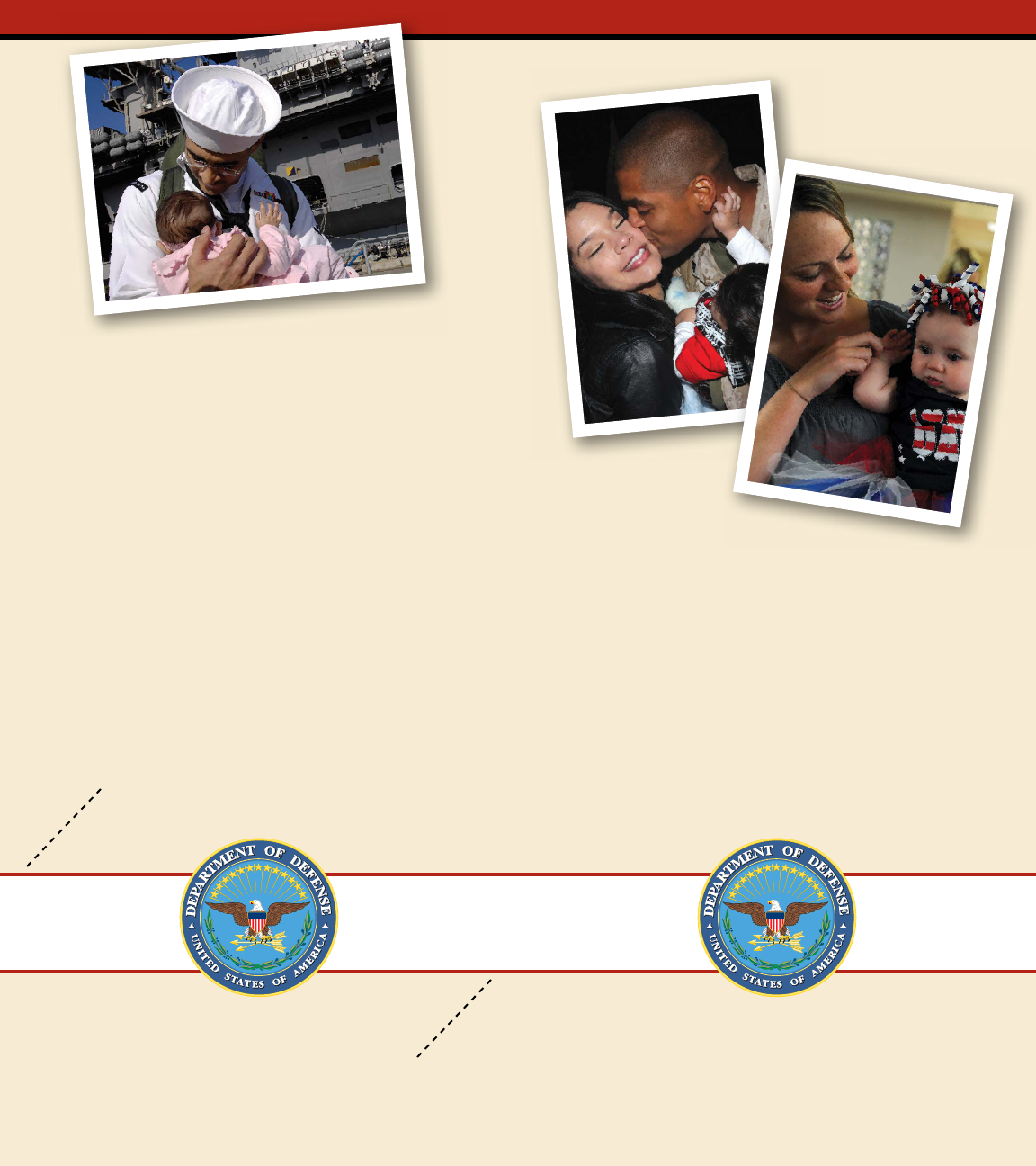
MILITARY AND FAMILY
LIFE COUNSELORS
MILITARY AND FAMILY LIFE
COUNSELING PROGRAM
SERVICE PROVIDERS AND LEADERS
Military and Family Life Counseling services
are available at installation Military and Family
Support Centers.
If an installation is not nearby, military service
providers and leaders can request non-medical
counseling services for unit events at
https://supportrequest.militaryonesource.mil.
Robins Air Force Base
MFLC
4
78-501-0730 /
770-296-7716
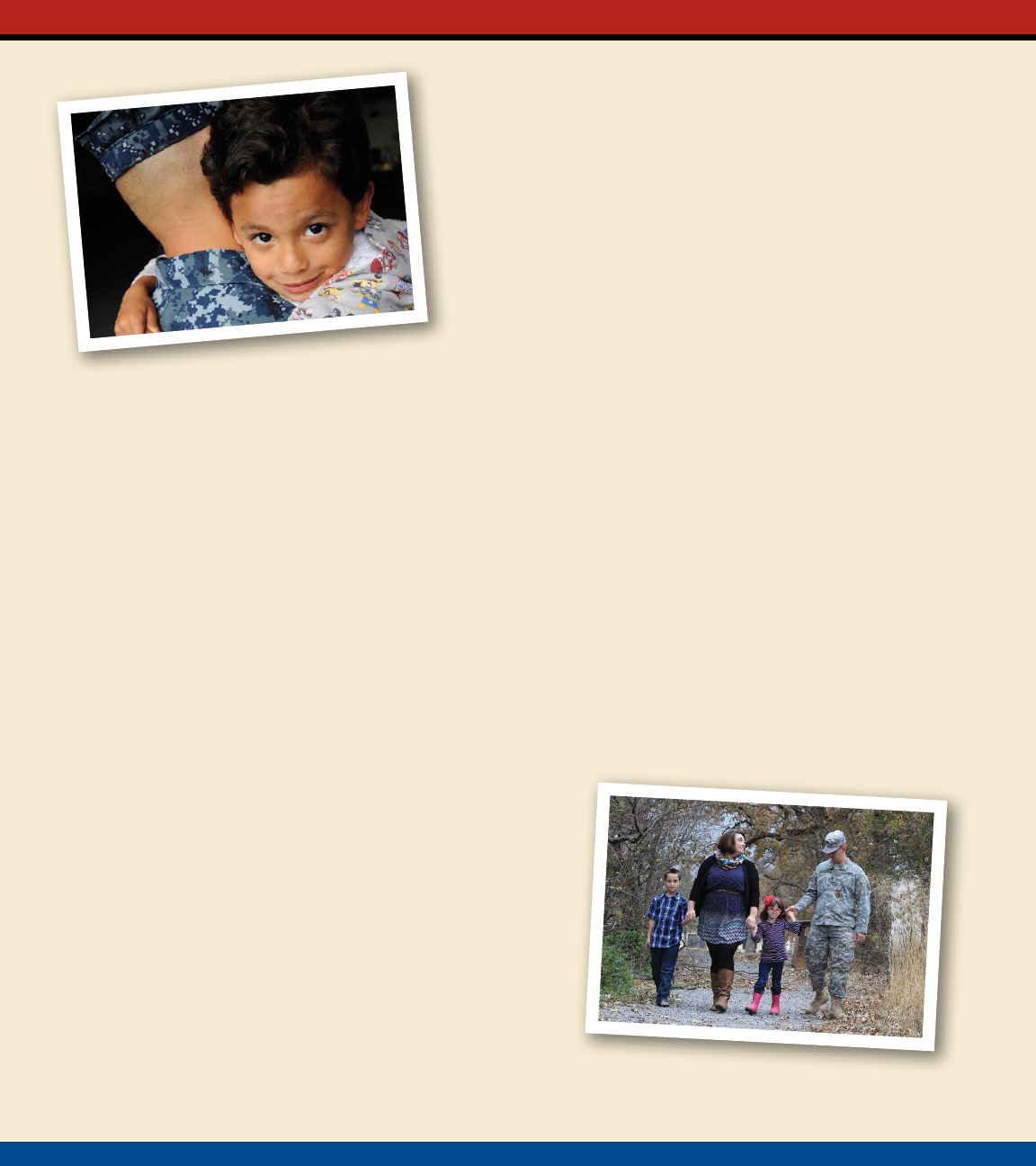
MILITARY AND FAMILY LIFE
COUNSELING PROGRAM
Military families face unique challenges. They may
struggle with issues such as deployment-related
stress, reintegration and pressures of managing
parenting and nances while a loved one is deployed.
To support military families facing these or
additional challenges, the Military and Family
Life Counseling Program:
•
Provides short-term, non-medical counseling
services to service members and their families
at no cost
•
Provides psycho-education to help military service
members and their families understand the
impact of deployments, family reunions following
deployments and other stresses related to the
military life
•
Augments existing military support services
•
Offers exible service delivery
•
Can provide services on or off of military
installations
•
Can provide services to individuals, couples,
families and groups
With the exception of child abuse, domestic abuse
and duty to warn situations services are private and
condential.
ABOUT MILITARY AND FAMILY
LIFE COUNSELORS
•
Masters or Doctorate-level licensed counselors
•
Work with families, individuals, couples
and children
•
Work with existing military and family support
programs to complement services provided
NON-MEDICAL
COUNSELING SERVICES
Life skills
•
Anger management
•
Communication
•
Relationship issues
•
Conict resolution
•
Parenting
•
Decision-making skills
Military lifestyle
•
Deployment stress
•
Coping skills
•
Homesickness
•
Relocation adjustment
•
Reintegration
•
Separation
•
Building resiliency
•
Sadness, grief and loss
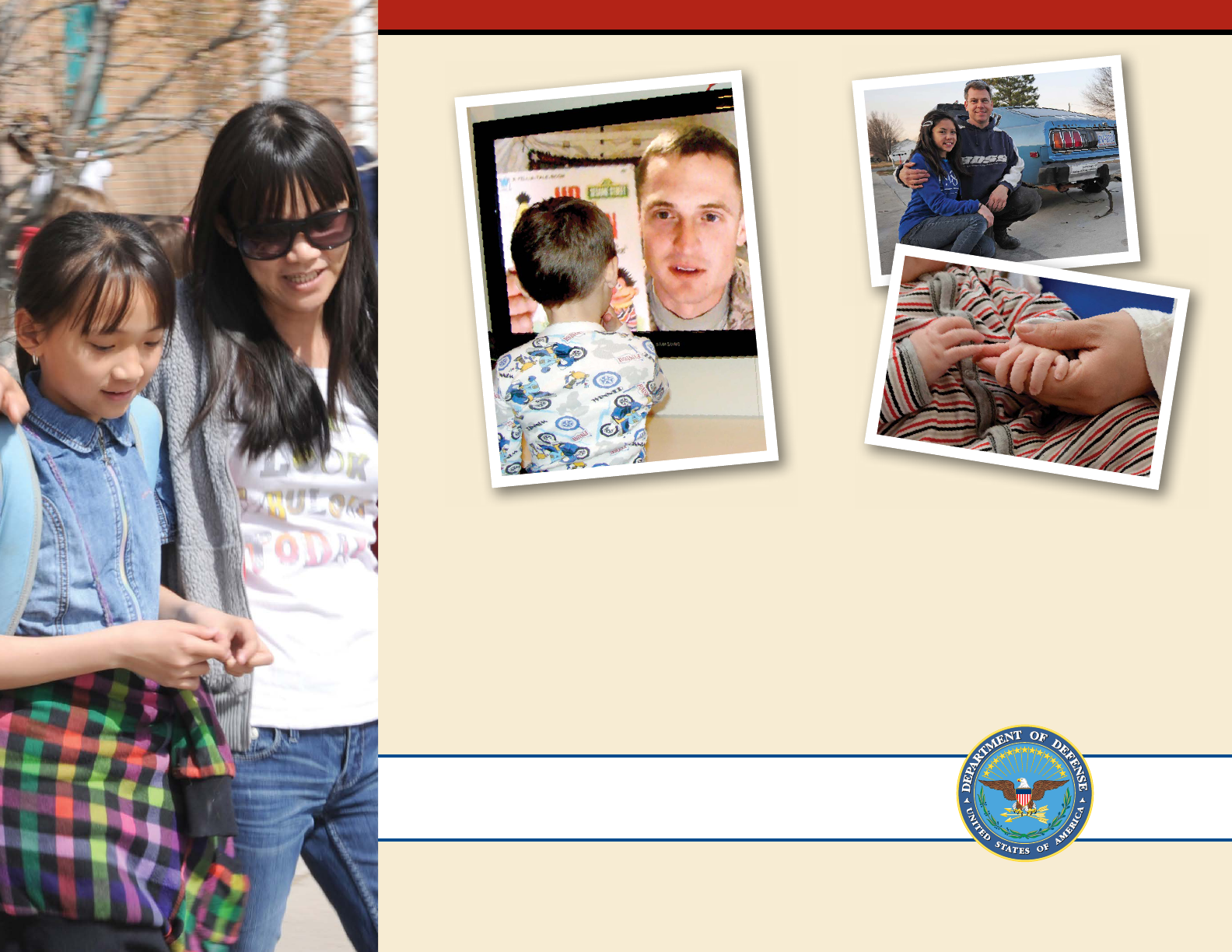
Presentation Library
Child and Youth Behavioral
(CYB) Military and Family
Life Counselors
Military and Family Life
Counseling Program
If an installation is not nearby, military service providers can
request non-medical counseling services for unit events at
https://supportrequest.militaryonesource.mil.
Find select Military and Family Life Counseling
presentations on the Military OneSource website at
http://www.militaryonesource.mil/confidential- help/mflc .
Current as of May 2016
Robins Air Force Base
CYB MFLC
4
78-538-5439
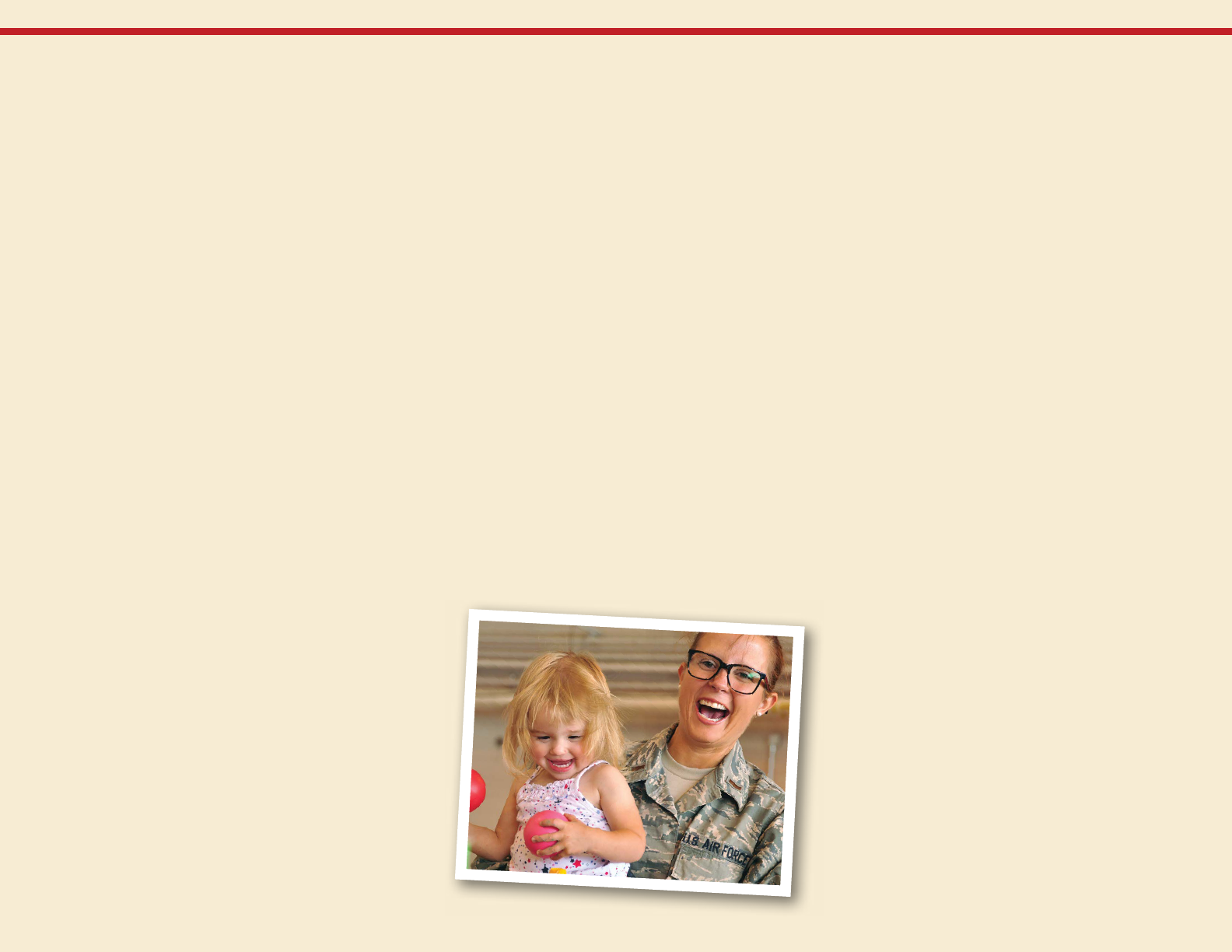
Child and Youth Behavioral Military and Family Life Counselors
Child and youth behavioral military and family
life counselors offer briefings and presentations
for service members and their families in
addition to confidential, in-person non-medical
counseling. Explore the wide range of topics
available through the Military and Family Life
Counseling Program.
ANGER MANAGEMENT
•
A Guide to Helping Children Manage Anger:
Ages 3-12
•
Anger Management for T eens
COMMUNICATION
•
Communication for T eens
•
Parent-Child Communication
•
Relationship T ips for Teens
•
Sibling-Parent Relationships: Building
Healthy Relationships
CONFLICT RESOLUTION
•
Conflict Resolution for Children Ages 4-1
•
Conflict Resolution for Middle Schoo
Students
•
Conflict Resolution for Children Ages 13-1
DEPLOYMENT
•
Children and Separation Issues of
Deployment
•
Preparing for Y our Parent’ s Deployment
•
Supporting Y our Child Through Deployment
•
Tips for T eachers: W orking with Children
During Deployment
•
When a Parent Deploys: Ages 2-5
GRIEF AND LOSS:
•
How Children Grieve
•
Understanding Grief: Education for
Caregivers
PARENTING
•
Building Resiliency in Children: A Parent’ s
Guide
•
Developmental Stages: Ages 13-18
•
Effective Discipline for Preteens Ages 10-12
•
Effective Discipline for School Age Children
Ages 6-9
•
Effective Discipline for T eens Ages 13-17
•
Effective Discipline for Y oung Children
Ages 2-5
•
Introducing a New Baby
•
Parenting T eens
•
Strengthening Parenting Practices
PROGRAM BRIEFING
•
A Children’s Guide to Coping W ith Disasters
•
Challenges of Changing Schools
•
Children and Moving
•
Nature & the Prevention of Bullying:
Bully-busting Activity Instructor’ s Guide
•
Responding to T oddlers Who Bite & Hit
•
Teaching Children How to Get Along:
A Teacher’ s Guide
•
Teens and the Power of Peer Pressure
•
Trauma and Children: A Guide for Helping
Children Manage T raumatic Events
RETURN AND REUNION
•
Helping Children Cope with Post-deployment
Issues
•
Helping the Service Member Reconnect with
Their Child
•
Redeployment Issues for Children
•
Welcome Home: Reconnecting W ith Your
Child
STRESS MANAGEMENT
•
Stress Management for T eens

FOR OFFICIAL USE ONLY
Wingman Saves “Intervention” Submission Form
Installation:
Wingman’s Name:
First Sergeant/Unit:
Date of Intervention:
Duty Status at the Time of Intervention (specify ON or OFF duty):
Relationship of Wingman to perceived at-risk individual
POTENTIAL at-risk behavior identified
Action taken to deter potential at-risk behavior
Outcome
.
Resources utilized
Additional Information/Comments:
Submitted by:
Received by:
Date Received:
Wingman Coin already awarded? Indicate Yes No
NOTE: Do NOT include potentially identifiable information for the person they assisted. Submit completed
form to the installation Violence Prevention Integrator.
Stuart Bapties E-mail stuart.bapties@us.af.mil DSN 497-5439.
FOR OFFICIAL USE ONLY
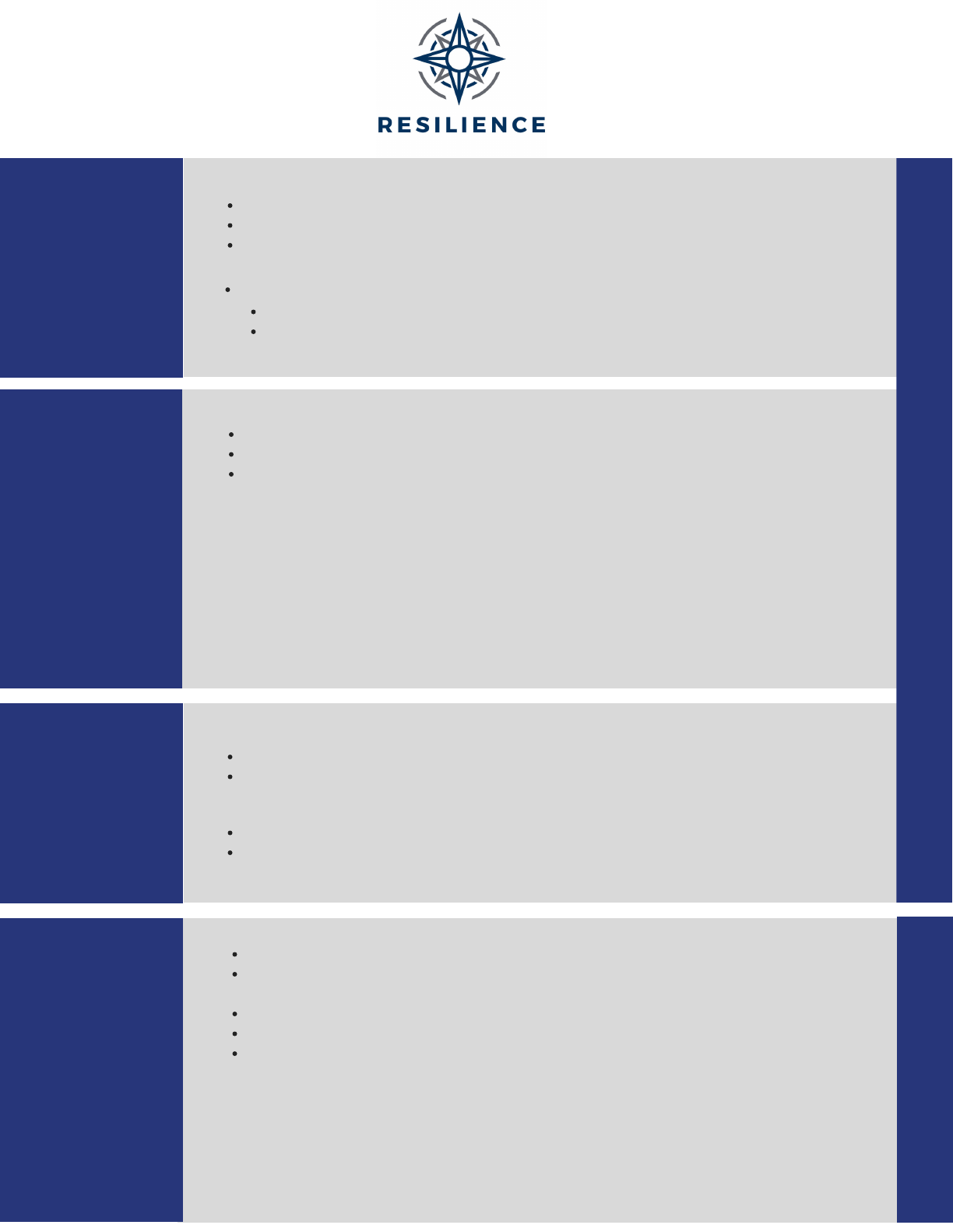
VALUES
BASED
GOALS
1) Identify your values: What do you stand for? What matters most?
2) Chart Your Course: What will you do to live those values:
3) Develop a plan to overcome any obstacles you may encounter.
4) Revisit your values-based goals every week and set new short-term goals so you continue to
make progress.
Bring Your Strengths will:
How to use the skill:
Improve engagement and purpose
Energize you and boosts performance
Identify your strengths—what are you naturally good at?
Find new ways to develop and use your strengths. How can you find new opportunities to use
your strengths your career? In your personal life?
BRING
YOUR
STRENGTHS
GRATITUDE
-
LOOK
FOR THE
GOOD
Builds optimism and positive emotions by paying attention to the good things
Helps you cope with daily hassles and stress
Improves social relationships
Gratitude: Look For The Good will:
How to use the skill:
Develop a regular (daily or weekly) gratitude practice that includes:
2 or 3 things that you are grateful for
A reflection on why you are grateful (such as how others may have contributed or why it was
meaningful)
How to use the skill:
Valued Based Goals will:
Provide a sense of purpose
Help you prioritize what's important
Allow you to find opportunities to live a meaningful life
a. In the next 24 hours?
b. In the next 2 weeks?
c. In the next 3 months?
M O D U L E 1 : V A L U E S & S T R E N G T H S
REFRAME
—
CONTROL
HOW
YOU
REACT
1) Objectively describe the event
2) Identify your thoughts—how you are thinking about that event—and your emotional and
physical reactions
3) Determine if the reaction will help or hurt your performance
4) If needed, reframe your thoughts in a way that will be more productive
How to use the skill:
Help you be more aware that how you think about an event drives your reactions
Help you understand the difference between your thoughts, and your emotional and physical
reactions
Improve your performance
Helps you act based on your values
Strengthen relationships
Reframe will:
M O D U L E 2
NOTE: For more information please go to the Resilience SharePoint below
https://52tymx-wps-201p:8014/AFPC/DPF/DPFF/Resilience/SitePages/Home.aspx
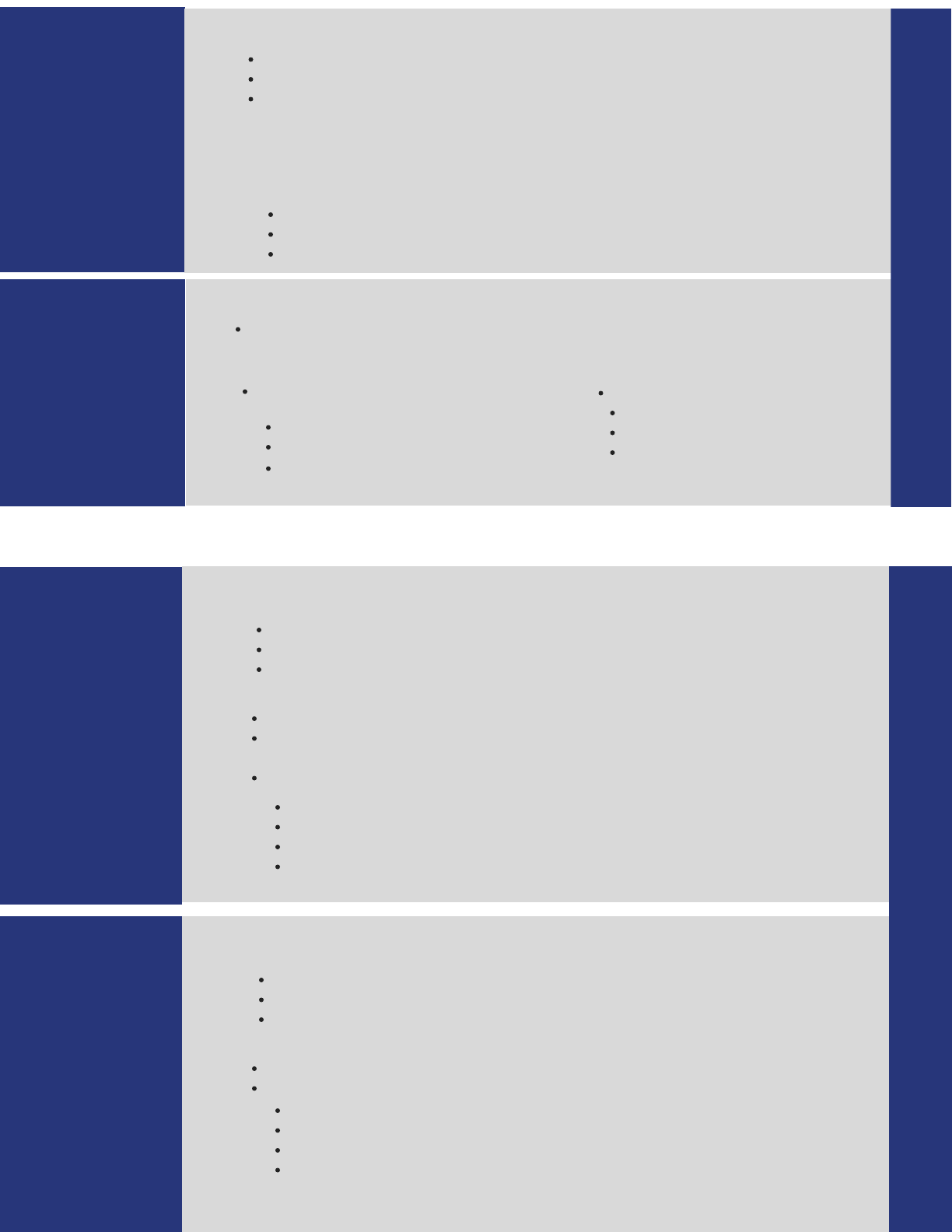
BALANCE
YOUR
THINKING
Help you see situations accurately and take action based on evidence
Help you respond in ways that align with your values
Improve your performance
How to use the skill:
1) Determine if you have all the evidence you need to understand the situation. Are you
stuck in a trap?
2) Use three strategies to Balance Your Thinking:
CELEBRATE
GOOD
NEWS
Celebrating Good News will:
How to use the skill:
Strengthen and maintains important relationships
When someone shares good news, help
them celebrate by:
Examine the evidence
Check for a double standard
Phone-a-friend or ask
Asking questions
Being authentic and engaged
Showing enthusiastic support and interest
Balance
Your Thinking will:
Squashing
Shutting down or being disengaged
Stealing
Avoid:
M O D U L E 2 : R E S I L I E N T T H I N K I N G
MIND-
FULNESS
Mindfulness will:
Helps you stay present and engaged
Improves focus and the ability to focus on what is important
Helps you stay calm so you can take action during stressful times
How to use the skill:
Practice mindfulness by focusing on one thing, with purpose
Find a formal mindfulness practice to help you turn off autopilot—
focus on three things around you or your breathing
When you have trouble focusing or are feeling stressed:
Pause. Count three deep breaths
Observe your thoughts and feelings, without judging them
Ask: What is most important right now?
Then, once you feel calmer, take purposeful action
M O D U L E 3 : F O C U S & A T T E N T I O N
PHYSICAL
RESILIENCE
Physical resilience will:
Improve productivity and energy
Sharpen focus and attention
Enhance mood
How to use the skill:
Create strong sleep habits
Set values-based goals for your physical resilience
What aspect do you want to strengthen? Why is that important to
you?What will you do in the next 24 hours? Two weeks? Three
months?What obstacles will you encounter? How will you overcome
them Revisit your goals as needed
NOTE: For more information please go to the Resilience SharePoint below
https://52tymx-wps-201p:8014/AFPC/DPF/DPFF/Resilience/SitePages/Home.aspx

